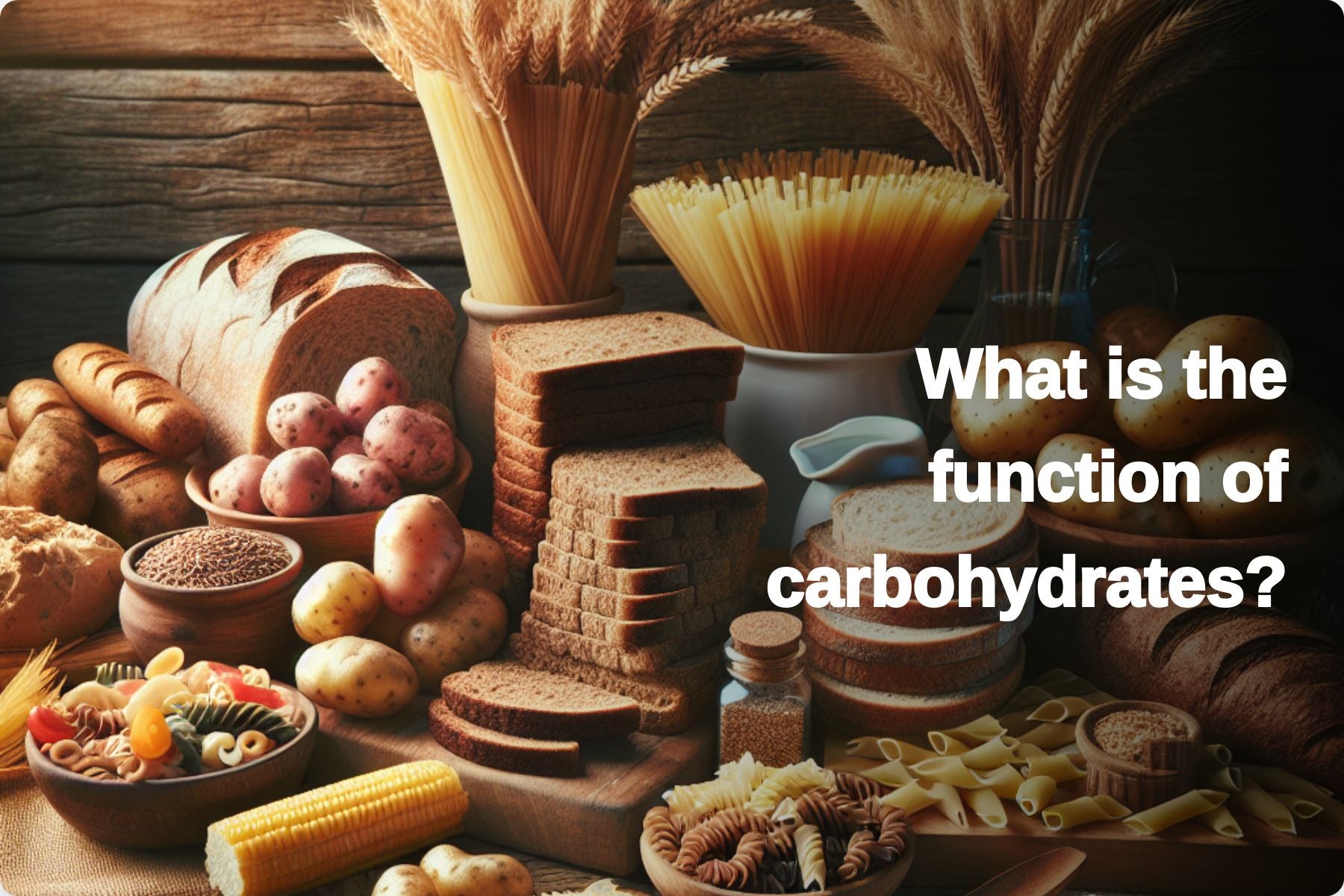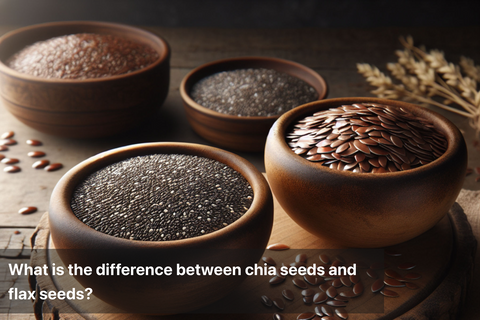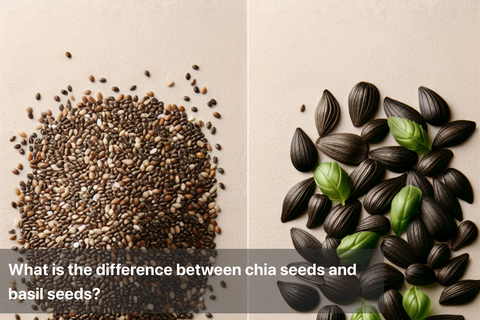
What is the function of carbohydrates?
Carbohydrates, often referred to as carbs, are a fundamental component of our daily diet, playing a pivotal role in supporting various physiological functions. These macronutrients are not just about providing energy; they contribute significantly to our overall health.
Firstly, carbohydrates serve a structural function within our bodies. They play a vital role in maintaining the integrity of cells, tissues, and organs. It's like the framework that keeps everything in place. Without carbohydrates, the structural foundation that our bodies rely on would be compromised.
This isn't just about physical energy; carbohydrates also play a crucial role in regulating blood sugar levels. Striking a balance between simple and complex carbohydrates is essential for avoiding energy crashes and maintaining stable blood sugar levels.

Structural Role of Carbohydrates
Exploring the structure of our body, carbohydrates keep our cells, tissues, and organs strong. Think of them as construction workers building the foundation and framework of a building – without them, everything would fall apart.
Inside cells, carbohydrates help make glycoproteins and glycolipids. These act like markers on the cell surface, helping cells communicate and play a big role in our immune system. Basically, carbohydrates are like architects for cell communication, making sure our biological machinery works smoothly.
Going up the hierarchy, tissues need carbohydrates to stay strong and work properly. Proteoglycans, a type of glycoprotein, are abundant in connective tissues, providing flexibility and cushioning. Imagine carbohydrates as invisible support structures that keep our tissues strong and flexible, letting us bend without breaking.
-
Even at the organ level, carbohydrates provide support. For example, the liver stores glucose as glycogen, a complex carbohydrate, to keep blood glucose levels steady. This process is like a well-regulated power grid in a busy city, ensuring a constant supply of energy.
Carbohydrates play a structural role from the tiny world inside our cells to the larger organization of tissues and organs. They are like architects and builders, working hard to maintain the structure that keeps our bodies working smoothly. So, the next time you marvel at how amazing your body is, remember the crucial role carbohydrates play in shaping and supporting every part of you.
Functional Role of Carbohydrates
Energy Storage and Supply:
Starch (in plants) and glycogen (in animals) are polysaccharides that store energy for later use.
Glucose, a monosaccharide, is a key energy source for cellular respiration.
Metabolic Intermediates:
Carbohydrates serve as intermediates in various metabolic pathways, such as glycolysis and the citric acid cycle, which are crucial for energy production.
Cellular Communication:
Glycoproteins and glycolipids on cell surfaces are involved in communication between cells and the extracellular environment.
They are essential for processes such as immune response and hormone action.
Nucleotide Synthesis:
Ribose and deoxyribose, monosaccharides, are integral components of RNA and DNA, respectively, which are necessary for genetic information storage and transfer.
Protection:
Mucopolysaccharides, like mucin, form protective mucus barriers in the respiratory and digestive tracts.
Osmotic Balance:
Carbohydrates help maintain osmotic balance in cells by regulating the movement of water and solutes across cell membranes.

Carbohydrates: A daily fuel for our energy needs
When it comes to giving us energy, carbohydrates are like the main fuel. Our cells use them to make ATP, which is like the energy money that powers everything – from our heartbeats to our thoughts and movements. Carbohydrates aren't just a food choice; they are the essential force that keeps us lively every day.
They are actually our important friends on the journey to a healthy life. When we enjoy the different types of carbohydrates, let's be thoughtful about our choices. Going for whole, unprocessed foods ensures we get the most benefits from carbohydrates, supporting not just our energy but also our long-term health.
So, whether it's the support they provide, the energy they give, or their role in blood sugar control, carbohydrates should be respected in our food choices. Let's appreciate their importance and make smart decisions, making sure our carbohydrate intake matches the needs of our body. Ultimately, a balanced and thoughtful approach to carbohydrates isn't just about food – it's a promise to take care of our overall health and well-being.
FAQs
-
Why are carbohydrates important for the body?
Carbohydrates are the primary source of energy for the body. They fuel our cells, tissues, and organs, providing the necessary energy for daily activities.
-
How do carbohydrates support brain function?
Carbohydrates are crucial for brain function as they are broken down into glucose, which is the brain's main source of energy. Adequate carbohydrate intake can help maintain cognitive function.
-
Do carbohydrates play a role in athletic performance?
Carbohydrates are essential for athletes as they provide a quick source of energy during high-intensity exercises. They replenish glycogen stores, delaying fatigue and enhancing performance.
-
Can carbohydrates help in weight management?
The right balance of carbohydrates, including fiber-rich sources, can aid in weight management. They provide satiety, preventing overeating, and can help regulate blood sugar levels, reducing cravings.
-
Are all carbohydrates created equal?
Not all carbohydrates are the same. Complex carbohydrates, such as whole grains and vegetables, offer more nutrients and fiber compared to simple carbohydrates like sugary snacks. Choosing quality sources is key to reaping the benefits of carbohydrates.
This Blog post is an initiative by Lo! Foods, to provide accurate and Nutritionist / Doctor approved information related to Health. Lo! Foods is India's leading brand for Everyday Functional Foods. Foods designed for specific Health conditions or Needs. Lo! Foods also runs India's largest range of Low Carb Healthy Cloud Kitchens, under the brand names of Lo!, ProteinChef, ATH (All Things Healthy) and DiabeSmart.















Leave a comment
Your email address will not be published.